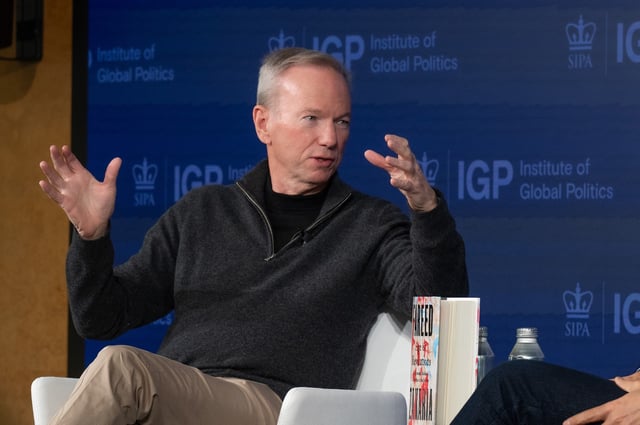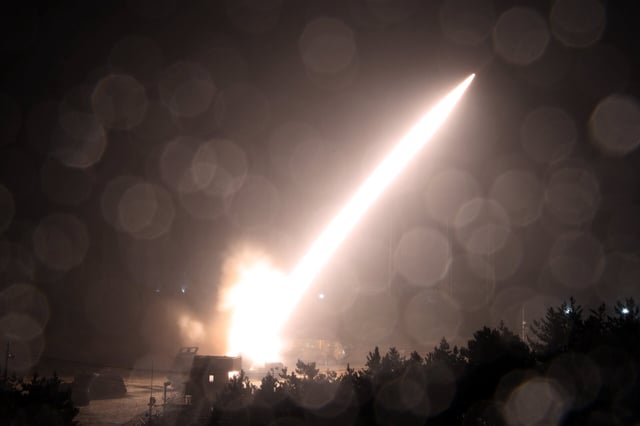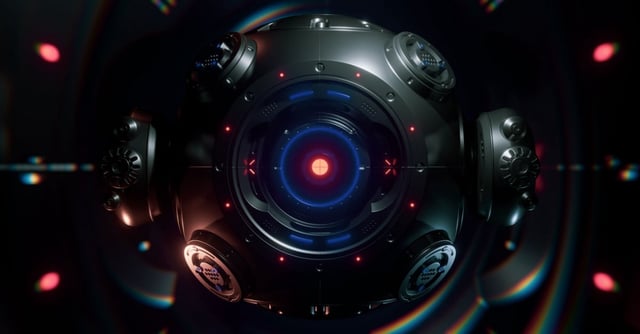Overview
- Eric Schmidt, Alexandr Wang, and Dan Hendrycks warn against a U.S.-led 'Manhattan Project' for AI, comparing its risks to the nuclear arms race.
- The authors propose 'Mutual Assured AI Malfunction' (MAIM), a deterrence framework to prevent nations from pursuing AI supremacy through the threat of sabotage.
- The paper highlights the potential for geopolitical instability if superintelligent AI is achieved, urging international collaboration and regulation similar to nuclear nonproliferation agreements.
- Schmidt and Wang emphasize the dual-use nature of AI, which could advance fields like medicine but also pose significant risks in military applications.
- The authors call for stronger AI chip export controls, enhanced cyber capabilities, and domestic resilience in AI supply chains to maintain U.S. competitiveness and security.



